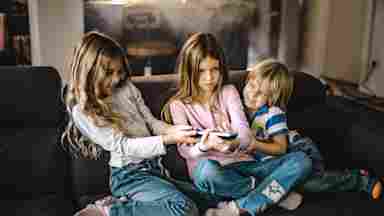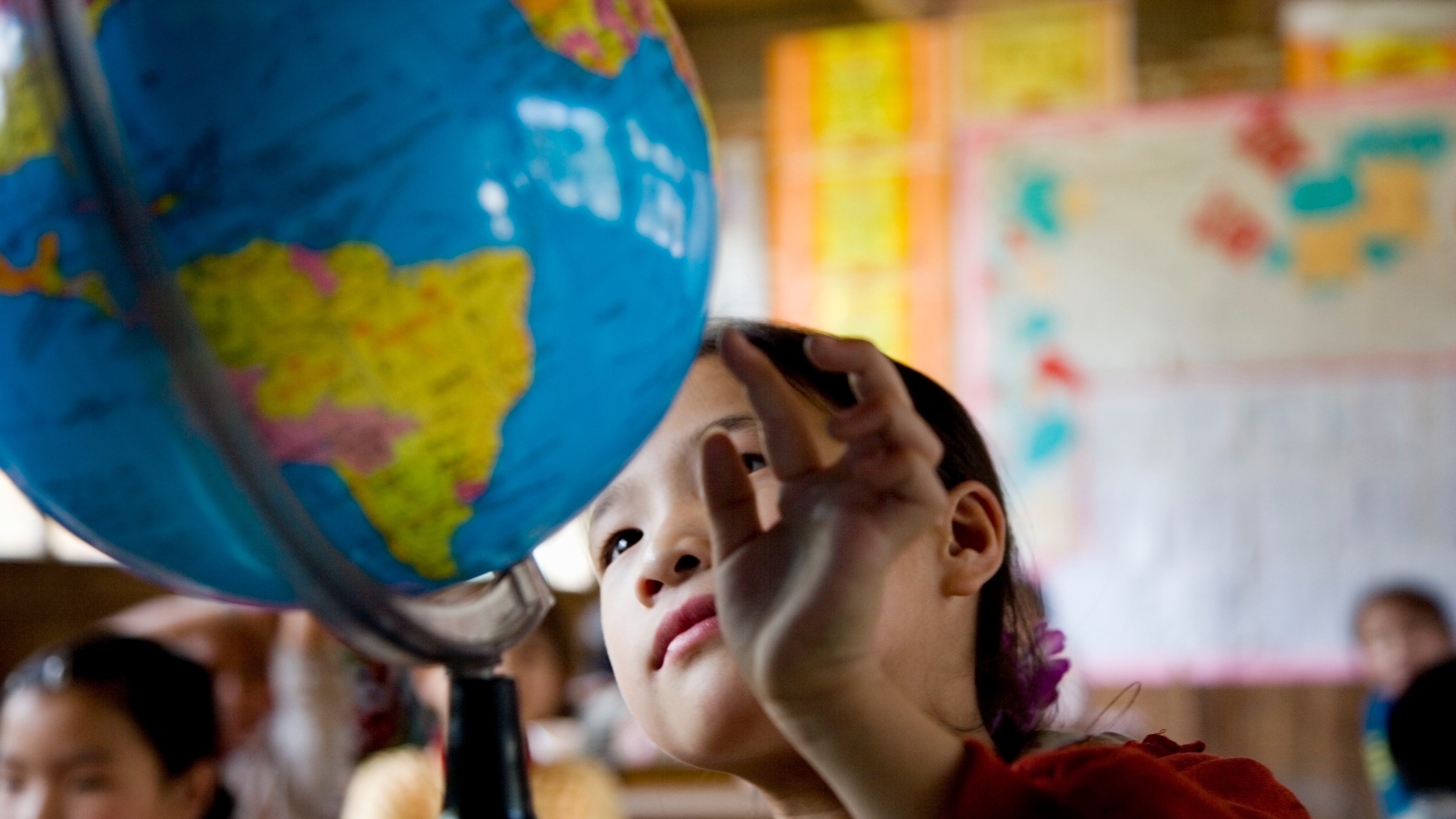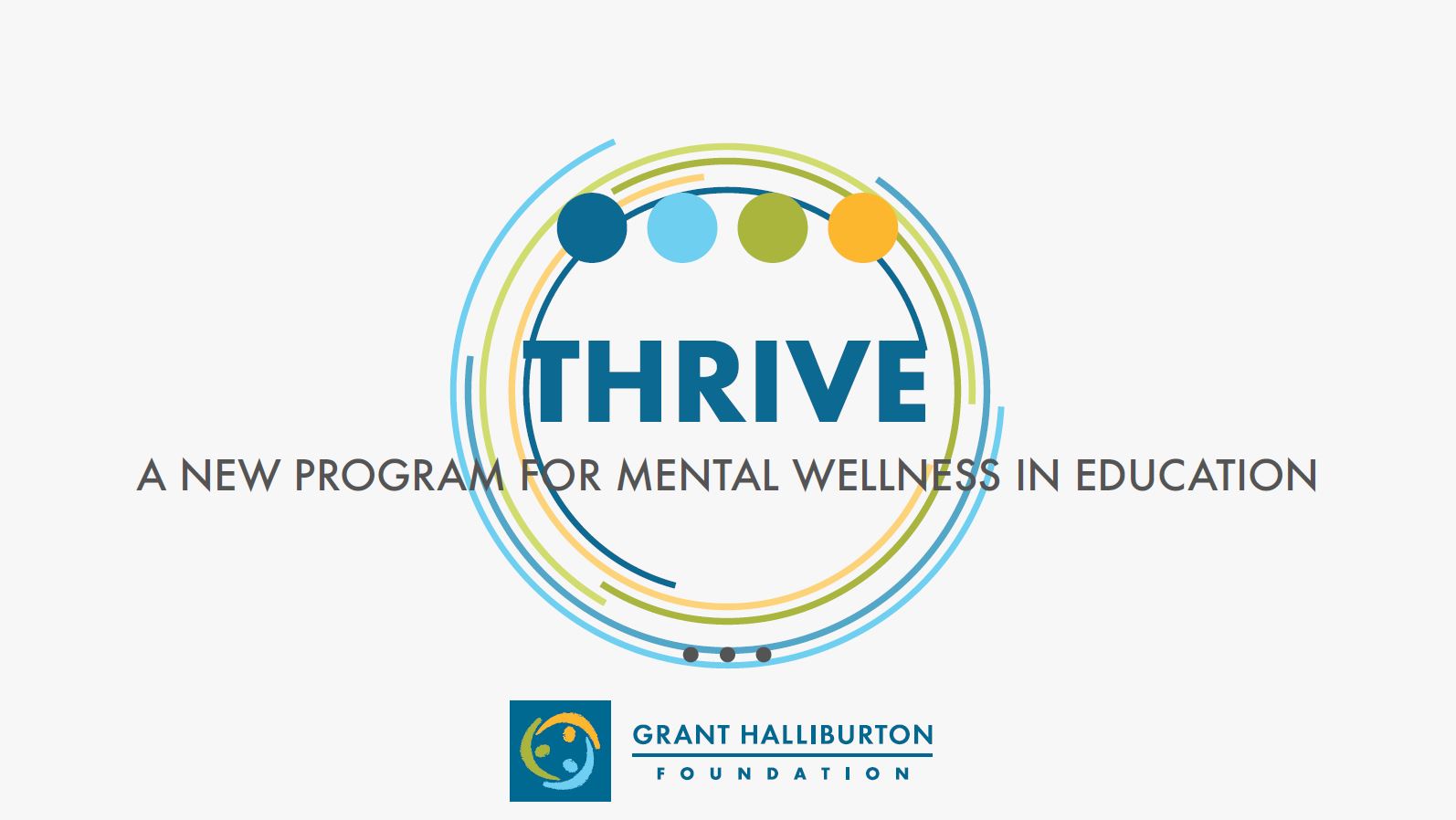
Are Your Kids Fighting More During the Pandemic? You’re Not Alone
National Geographic
Kitson Jazynka
Share this article

Maria Johnson, MA, CCC-SLP
Director, Youth and Family Innovations Lead Research Clinician and Trainer, Charisma Virtual Social Coaching
RELATED INFORMATION

Supporting BrainHealth Solutions for North Texas Youth
Center for BrainHealth raised $56,840 from 63 donors (11 first-time donors) during North Texas Giving Day. The funds will go toward students and teachers in under-resourced communities around the Dallas area, to train them in brain-healthy practices and strategies shown to help people thrive, whatever their individual circumstances.

“Kids Are Struggling” – Anna ISD Has a Plan To Help
The Anna Independent School District has a new mental health initiative called Thrive. The strategy incorporates mental health into learning.